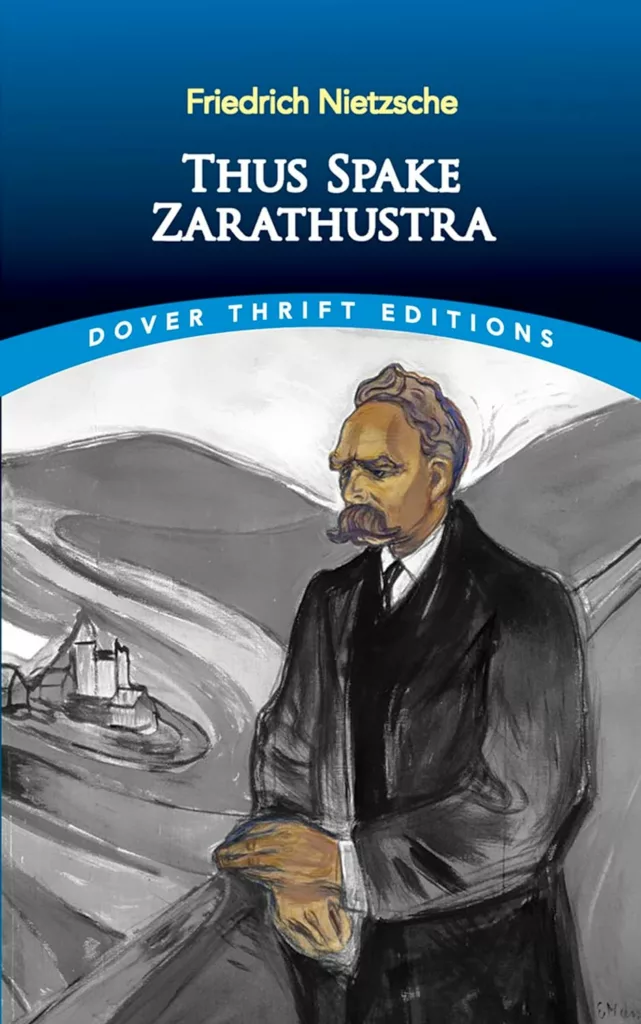Six years along a concrete river,
Among cardboard people and chloroform thoughts,
(Fragments held still like old canaries
In a colossal cage without bars).
Six years of following the same evocation.
Six years of useless walking,
Poorly treated wounds,
crumbling castles,
dead money in the pockets
And a fixed point that never changed.
Each day marked by a litany,
shelled in the vertebrae,
Voluptuously held between the fingers,
darted from a manhole
as the fortune of the condemned
who hears the gun’s final salute.
Six years in a traffic jam,
Recalling by name every minute
thinking that the grip of the sunset
Was the enjoyment of the right man.
A moment, now, was enough for me.
To see beyond and swallow the dawn:
the same day, impregnated
That often, indeed,
(with tired and soiled arms),
I let slide to the ground,
As yet another faded flyer
From my dusty windshield.
Six years now. And now, alas.
…I feel at home again.
Deposited for legal protection with Patamu: certificate
Brief philosophical note on the concept of eternal return in Nietzsche
Nietzsche’s concept of eternal return is one of his philosophy’s most well-known and controversial elements. According to Nietzsche, the eternal return states that everything that has happened, is happening, and will happen will repeat itself countless times in the same way. For Nietzsche, this concept does not necessarily imply a cyclical view of time. Instead, it emphasizes the idea that every moment of our lives should be experienced as if we were to relive it an infinite number of times.
Nietzsche viewed the eternal return as a test of willpower and a challenge to traditional notions of morality and religion. He believed that embracing the eternal return meant fully accepting one’s life with no regrets or hopes of an afterlife or transcendent meaning. This philosophical conception aimed to instill a sense of individual responsibility and encourage a life lived fully in the present without expecting rewards or punishments in another life.

Nietzsche regarded the eternal return as a liberating idea, freeing the individual from the fear of death and the fear of the unknown. For Nietzsche, accepting that one’s life would repeat itself indefinitely meant fully embracing one’s destiny and taking care of one’s present since every action and choice would have eternally lasting consequences.
In conclusion, Nietzsche’s eternal return represents a profound and provocative philosophical concept that invites the individual to live authentically, aware that every moment of one’s existence is meaningful and worth living fully.
If you like this poem, you can always donate to support my activity! One coffee is enough!


